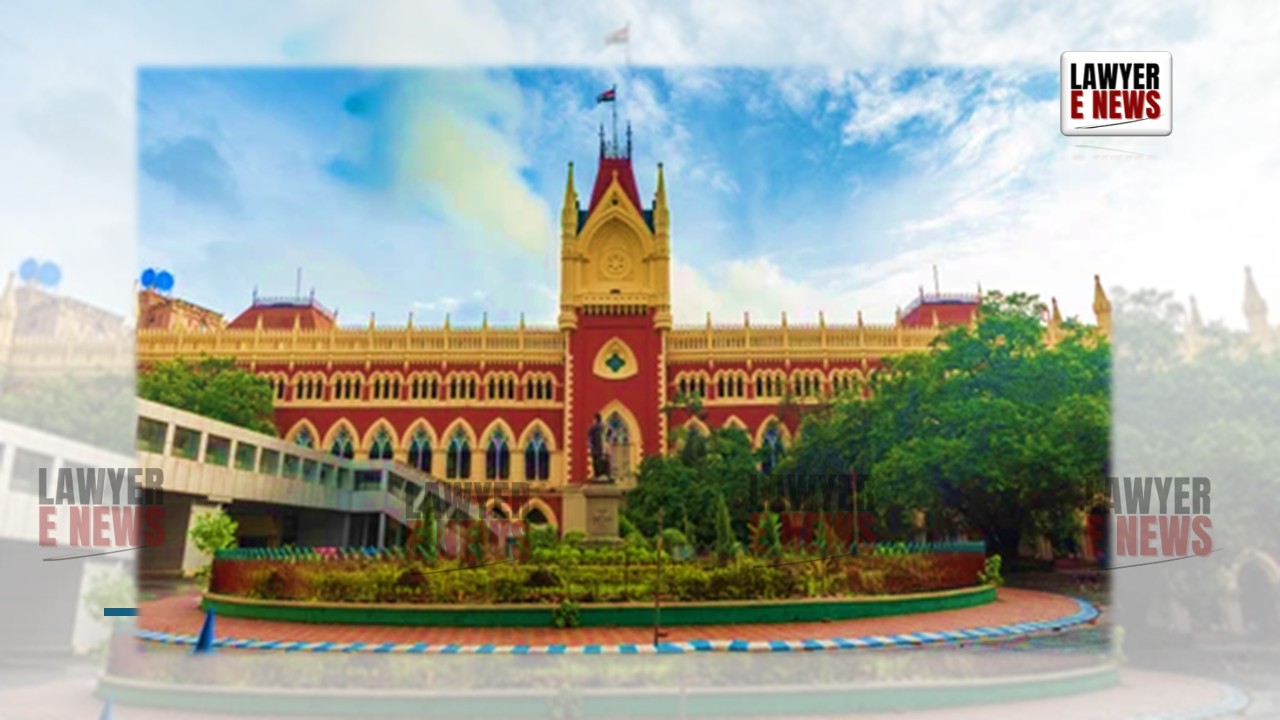-
by sayum
14 February 2026 2:22 PM



Convictions under Sections 324, 325, and 308 IPC downgraded to Section 323 IPC; Appellants sentenced to imprisonment already undergone and fines.
The Calcutta High Court, in a recent judgment dated May 14, 2024, has modified the convictions of Paresh Ghosh and three others involved in an altercation resulting in injuries. The bench, led by Justice Shampa Dutt (Paul), revised the convictions from Sections 324, 325, and 308 of the Indian Penal Code (IPC) to Section 323 IPC due to insufficient evidence proving grievous hurt and intent to commit culpable homicide.
The case, registered as CRA 365 of 2016, involves an altercation on October 31, 2008, in which the appellants, armed with sticks, iron rods, and sharp weapons, attacked the complainant and others. The trial court had convicted the appellants under Sections 324, 325, and 308 IPC, sentencing them to various terms of imprisonment. The appellants challenged this decision, leading to the current appeal.
The High Court questioned the trial court’s reliance on medical evidence, noting the absence of substantial corroboration. The court observed that the injuries reported did not align with the charges of grievous hurt or the use of dangerous weapons. Justice Shampa Dutt (Paul) emphasized, “No weapon of assault has been seized in this case, and the injuries noted are also not caused by dangerous sharp-edged weapons as alleged.”
The court found discrepancies in the witness testimonies, particularly regarding the nature and extent of the injuries. None of the accused were named by the injured before the doctor, and the injuries described did not match the allegations in the complaint. The court noted that the case involved a mutual altercation between two groups rather than a one-sided assault, as initially presented.
The judgment extensively discussed the principles of evaluating evidence in criminal cases, particularly those involving physical altercations. The court referred to precedents emphasizing the need for substantial corroboration of medical evidence and the limitations of expert opinions. Justice Shampa Dutt (Paul) remarked, “The opinion of a medical expert is not direct evidence but has corroborative value. It can only support the grounds of an eyewitness and prove the direct evidence.”
Justice Shampa Dutt (Paul) highlighted, “The value of medical evidence or expert opinions, in general, depends on the subject’s nature. No piece of evidence can prevail unless it is conclusive, convincing, and beyond a reasonable doubt.”
The Calcutta High Court’s decision to modify the convictions underscores the judiciary’s commitment to ensuring convictions are based on substantial and corroborative evidence. By downgrading the charges to Section 323 IPC and sentencing the appellants to imprisonment already undergone along with fines, the judgment reflects a nuanced understanding of the complexities involved in mutual altercation cases. This decision is expected to influence future cases, reinforcing the importance of rigorous evidence evaluation in criminal proceedings.
Date of Decision: May 14, 2024
